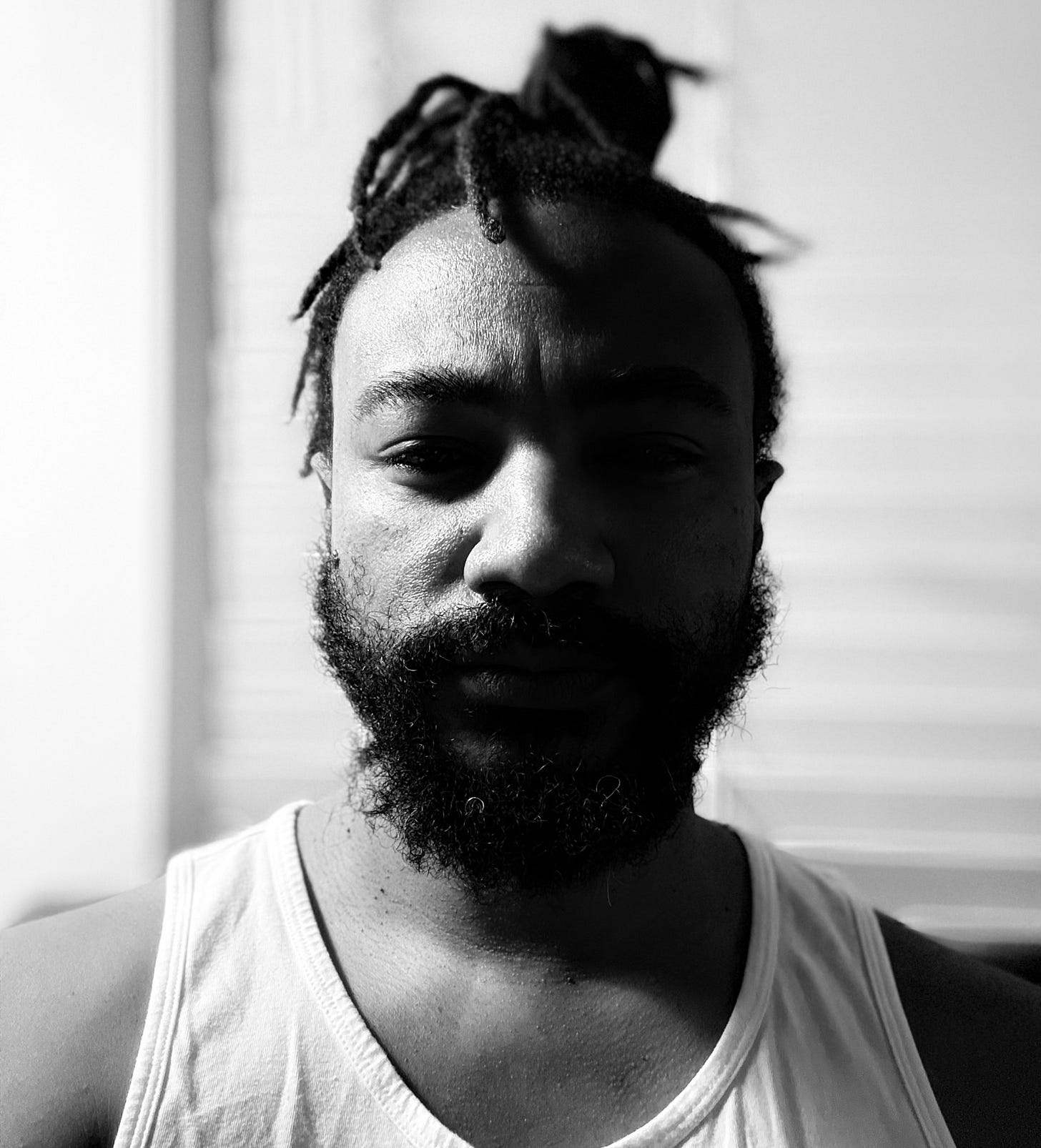Even Among Sheep, I’ve Seen Teeth
On betrayal, sacred tables, and the Shepherd who still feeds us.
Pull up a spot on the curb with me.
If it’s your first time here, this might not be the most polished place—but it’s real. These reflections come from street corners and quiet prayers, from city noise and sacred silence. If you’ve been here before, thanks for coming back to sit awhile.
If something in this meets you where you are, feel free to subscribe and keep walking this road with me.
Even Among Sheep, I’ve Seen Teeth
“You prepare a table before me in the presence of my enemies;
you anoint my head with oil;
my cup overflows.”
— Psalm 23v5, ESV
There’s an old saying—“a wolf in sheep’s clothing.”
Most of us have used it before we ever paused to ask where it came from. But the phrase didn’t rise from folklore or fairytales. It came from Jesus.
In Matthew 7, he says:
“Beware of false prophets, who come to you in sheep’s clothing but inwardly are ravenous wolves.”
It’s a warning that doesn’t need much translation.
Some things look gentle.
Some things sound like God.
But underneath the softness—there’s appetite. There’s ambition. There’s harm dressed in humility.
I wish I didn’t know this firsthand.
But my worst encounters with wolves haven’t been in the world.
They’ve been in the church.
I’ve sat at tables where the loudest voice spoke of unity but sowed quiet division behind closed doors.
I’ve watched leaders use Scripture like a tool of control, demanding silence in the name of peace.
I’ve watched people be devoured—reputations dismantled (my own included), stories disbelieved, and hearts broken in places that once felt like home.
And I’ve carried my own bruises.
Not just from being a target—but from the haunting possibility, and even the sorrowful reality, that I, too, have worn sheep’s clothing when my own soul was not at rest. That I’ve led from woundedness instead of wisdom. From fear instead of faith. That I’ve drawn people close before I was ready to hold them well.
On a personal note—if I’ve caused you harm, if I’ve been the wolf in your story, if my words or my leadership ever left wounds behind:
I’m sorry.
I’m sorry in all the ways I know how to be.
I grieve it.
I carry the weight of it.
I name it as sin.
And I pray that someday, healing meets you where my failure once stood.
I’m sorry.
—Me
The ache of that realization, the realization that I, too, have worn sheep’s clothing, is sharp.
But it’s not the end of the story.
Because Psalm 23 is still true.
“You prepare a table before me in the presence of my enemies…”
God doesn’t erase every enemy.
He doesn’t clear the room or sanitize the setting.
Instead, He prepares a table.
In the tension.
In the proximity.
In the place where betrayal still lingers in the air—He feeds us.
I don’t think this table is about triumph.
I think it’s about restoration.
When others tried to define me by false stories, He reminded me of who I am.
When I began to believe I didn’t belong in ministry anymore, He handed me bread.
When I sat in rooms where I wasn’t safe, He pulled out a chair.
He anointed my head when I felt invisible.
He overflowed my cup when I thought I was running dry.
That’s the Shepherd I’ve come to trust.
Not because He fixed everything.
But because He saw everything—and still fed me.
This table has become my sanctuary.
A place not of performance, but presence.
Not of proving, but peace.
And maybe you’ve needed that kind of table too.
Maybe you’ve met wolves with laminated name tags.
Maybe your wounds came from those who said all the right things and did all the wrong ones.
Maybe you’re wondering if the voice of the Shepherd still finds you.
If that’s where you are—me too.
And I want to say this as clearly and quietly as I can:
The table is still yours.
The Shepherd still sees.
And He sets tables anyway.
If you’ve been hurt by someone wearing sheep’s clothing but carrying a predator’s hunger, I want to say:
You’re not crazy.
You’re not alone.
And the table of the Lord is still for you.
If we were sitting here together, I might ask you…
• Have you ever been wounded in a place that was supposed to be safe?
• How do you sense the Shepherd inviting you back to the table?
• What would it mean to eat in peace, even with the memory of betrayal nearby?
“The Shepherd still sees. And He sets tables anyway.”





So thankful for that shepherd that keeps on tending to all of His broken sheep. Great words as always Meiko.